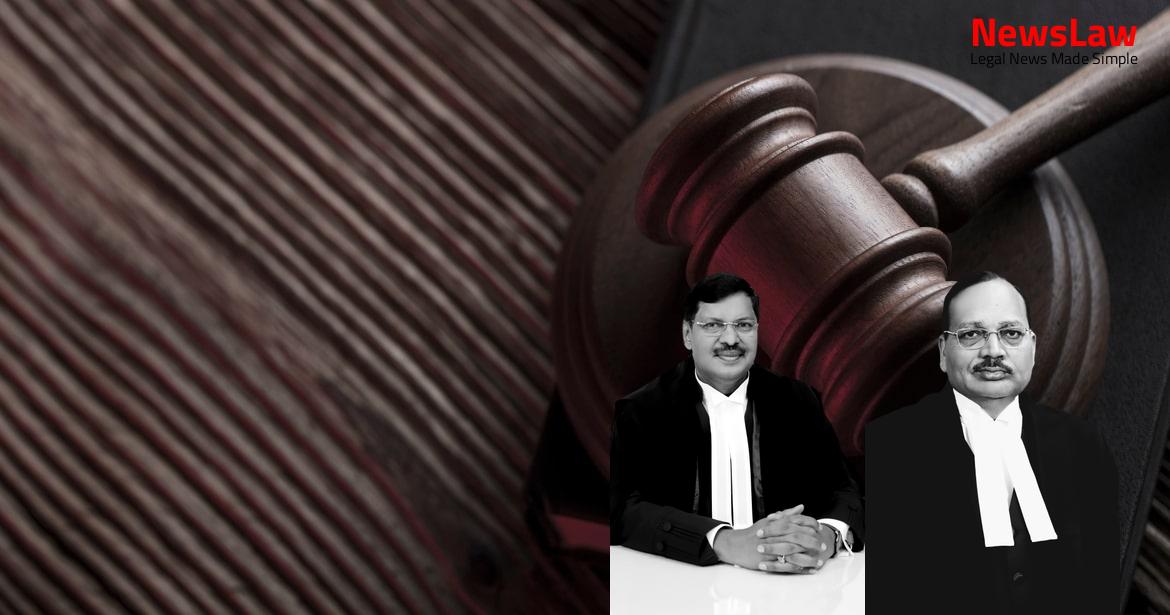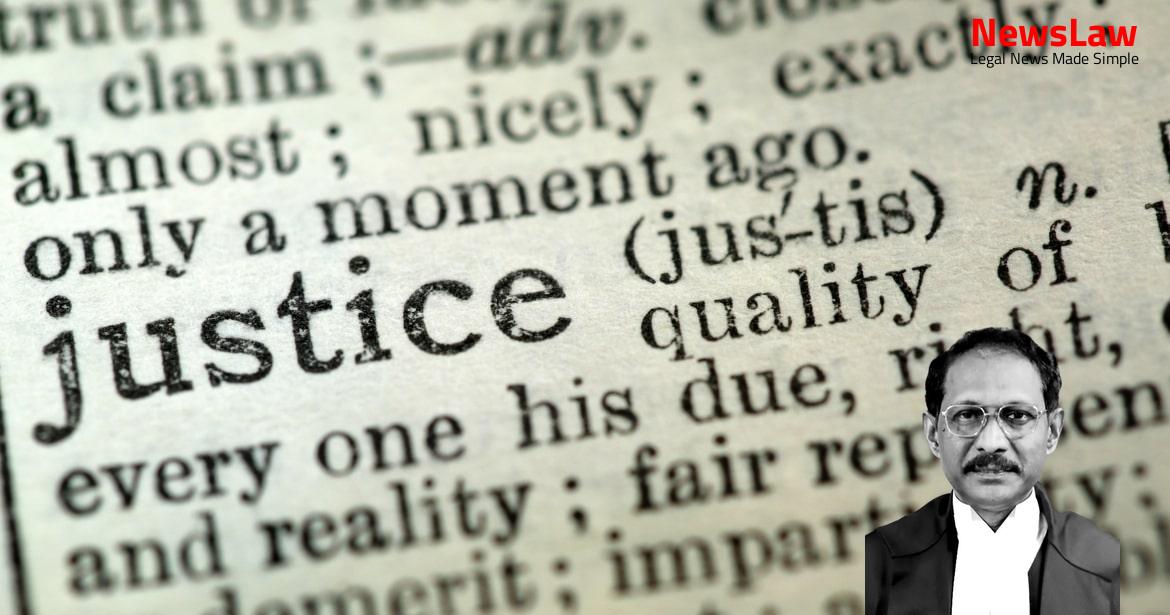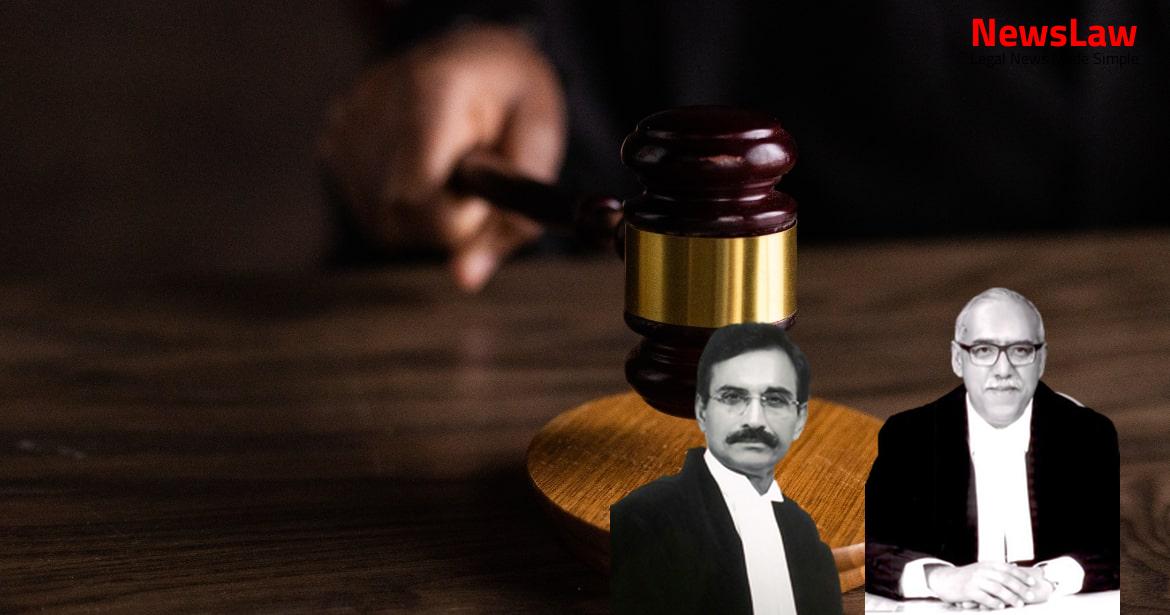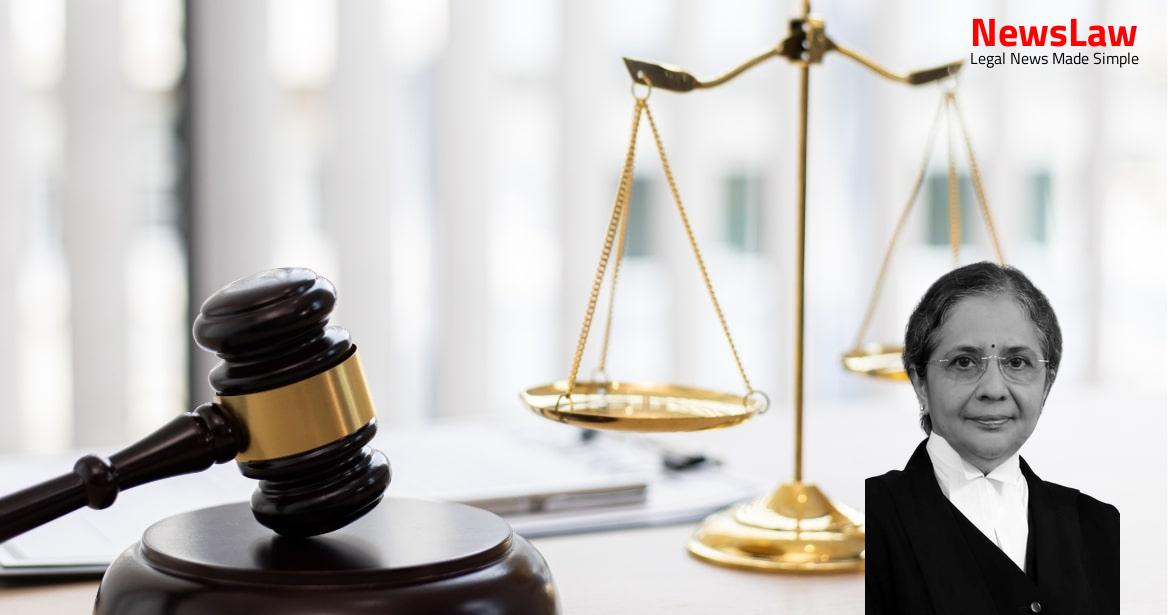In a significant case before the Supreme Court of India, involving the State of Bihar and the Bihar Health Service Commission, the interpretation of ‘Government hospital’ took center stage. The case delves into the eligibility criteria for doctors in Bihar and the weightage given to work experience in hospitals. This judgement carries implications for the selection process and the healthcare system in the state. Let’s explore the key points and implications of this pivotal legal decision.
Facts
- The Learned Single Judge of the High Court dismissed all the writ petitions based on the reasoning that the validity of the provision had already been upheld by a Division Bench in a previous case.
- The appellant’s plea was rejected on the grounds of the decision in Dr. Dharmbir Kumar v. State of Bihar.
- The appellant filed an intra-court appeal which was also dismissed, leading to the current Special Leave Petition.
- The appeal pertains to the appellant’s work experience in an Army Hospital not being considered for weightage and selection as a General Medical Officer in Bihar due to Rule 6(iii) of the Bihar Health Service Rules, 2013.
- State of Bihar faced a shortage of doctors impacting public health.
- Selection process criteria included academic qualification, work experience, and interview marks totaling 100 points.
- Work experience in Government hospitals of Bihar was a requirement for awarding marks under ‘work experience’.
- Appellant applied for General Medical Officer post but lacked experience in Bihar Government hospitals.
- Appellant did not meet the cut off for the merit list due to insufficient marks.
- Appellant challenged the requirement of work experience limited to Government hospitals of Bihar.
- Selection process also included an oral interview for 15 marks and the preparation of a merit list.
Also Read: Ensuring Justice: Amanatullah Khan vs. Commissioner of Police, Delhi – A Landmark Case
Arguments
- The appellant challenged the exclusion of work experience in non-private hospitals other than those administered by the Government of Bihar for appointment in the General sub-cadre.
- The appellant filed a Letter Patent Appeal arguing that the condition restricting work experience to only hospitals of the Government of Bihar in the advertisement was contrary to the Rules that gave weightage for experience in any Government hospital.
- The appellant’s counsel vehemently argued against the Division Bench judgement, citing Rule 5 and Rule 6(iii) of the Rules that mentioned giving weightage for work experience in any Government hospital.
- The appellant’s work experience in the Army Medical Corp Hospital was disregarded, leading to her challenge of the selection process.
- The appellant contended that the restriction of work experience to only hospitals of the Government of Bihar was arbitrary and discriminatory.
- The appellant placed reliance on the English version of the Bihar Dentist Service Rules, 2014 to support the argument that ‘Government hospital’ should include hospitals run by both Central and State Governments.
- The Division Bench relied on previous court decisions and held that work experience under Rule 6(iii) should be considered only from hospitals of the Government of Bihar based on the definition of ‘Government’ in Rule 2(a).
- The appellant was accused of opportunism by taking ‘two shots’ at success through the challenge of the selection process.
- The Commission filed a separate counter affidavit supporting the other respondents.
- The Commission argued that the Courts should not interfere with the employer’s selection procedure unless it is blatantly illegal.
- The Division Bench correctly interpreted the term ‘Government hospital’ in line with Rule 2(a) of the Rules stating ‘Government’ as the Government of Bihar.
- The advertisement was found to be in accordance with the Rules based on this interpretation.
Also Read: State of Kerala vs. Union of India: Fiscal Responsibility Case
Analysis
- The analysis of the judgement revolves around the interpretation of the term ‘Government hospital’ in the context of work experience eligibility for doctors in Bihar.
- The Court emphasizes the importance of interpreting laws in a manner that eliminates injustice or inconvenience.
- It highlights the need to recognize unique challenges in hospitals in Bihar and incentivize doctors to work in non-private hospitals.
- There is a discussion on the literal interpretation of statutory rules and the importance of giving due weight to grammatical rules during interpretation.
- The Court rejects the restrictive definition of ‘Government hospital’ under Rule 2(a) and opts for a broader interpretation to include non-private hospitals run with government assistance.
- It points out the ambiguity caused by applying Rule 2(a) to ‘Government hospital’ and the need to consider the consequences of such interpretations.
- The Court stresses on the Constitutional values as a tool for interpreting statutory rules, particularly in the absence of an express definition of ‘Government hospitals’ in the Rules.
- The analysis also touches upon the practical difficulties and uncertainties that may arise from adopting a narrow interpretation of the term.
- Ultimately, the Court leans towards an expansive interpretation of ‘Government hospital’ to align with the objectives of the Rules and uphold Constitutional principles.
- Candidates who participate in the selection process and fail cannot challenge it later
- The principle of estoppel applies to prevent disgruntled candidates from seeking a second chance
- Objective is to avoid creating confusion or friction in the system by allowing repeated challenges to selections
- Experience gained in non-private hospitals is valuable for Government hospitals.
- Interpreting ‘Government hospitals’ to exclude those who worked under the Government of Bihar is incorrect and goes against merit.
- Working in non-private hospitals helps doctors develop sensitivity towards the poor patients and their suffering.
- The understanding of the Rules should not hinder the objective of ensuring doctors with exposure to challenging environments, especially in predominantly poor regions like Bihar.
Also Read: R.C. Sabharwal vs. Income Tax Department
Decision
- Rule 5 & 6(iii) of the Bihar Health Service (Appointment and Service Conditions) Rules, 2013 include experience gained in any hospital run by Bihar Government or its instrumentalities.
- Experience gained in non-private hospitals within Bihar to be considered, including those run by Central Government, Municipalities, and Panchayati Raj Institutions.
- Appellant and similarly placed candidates to have their experience weightage recalculated for a fresh merit list within two months.
- Weightage for work experience not to impact candidate suitability.
- Appeal allowed based on the above grounds.
Case Title: DR. (MAJOR) MEETA SAHAI Vs. STATE OF BIHAR
Case Number: C.A. No.-009482-009482 / 2019



